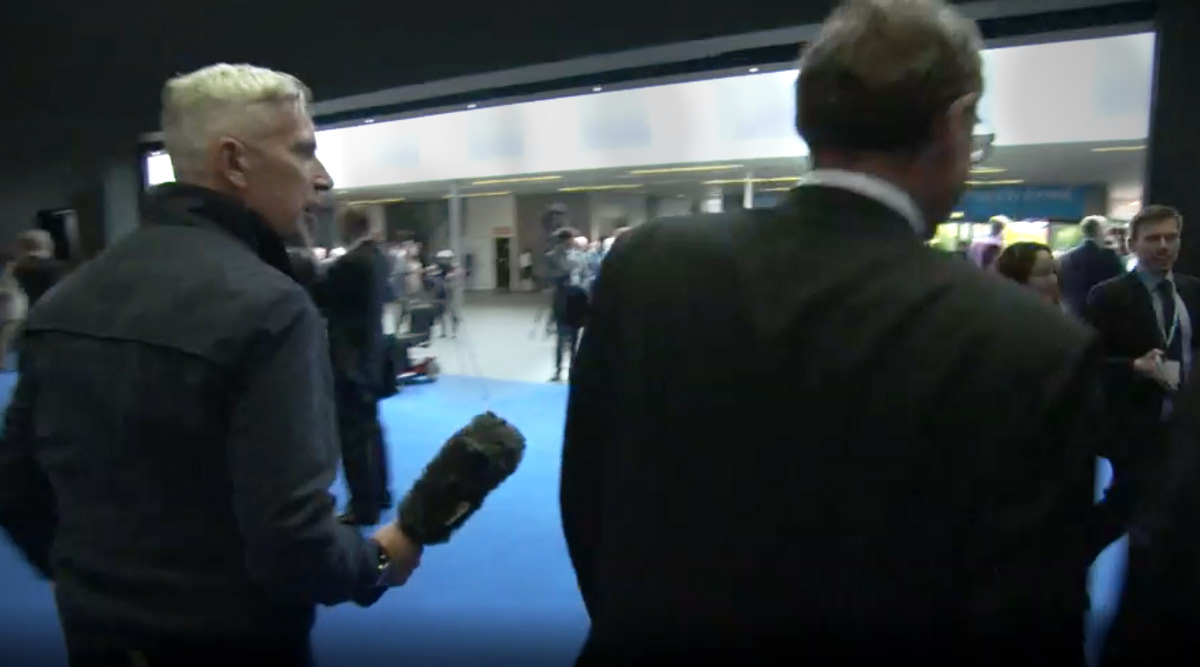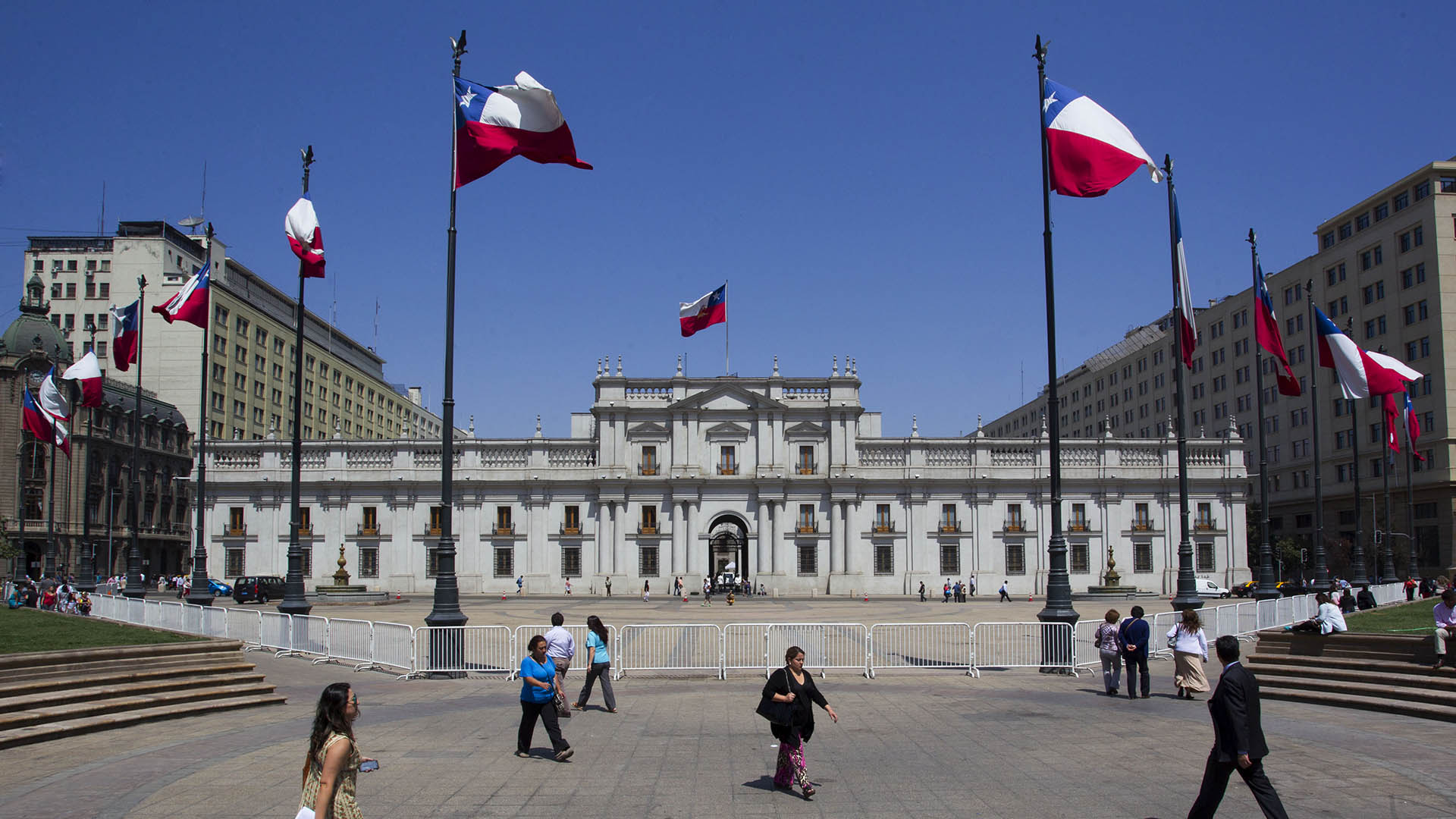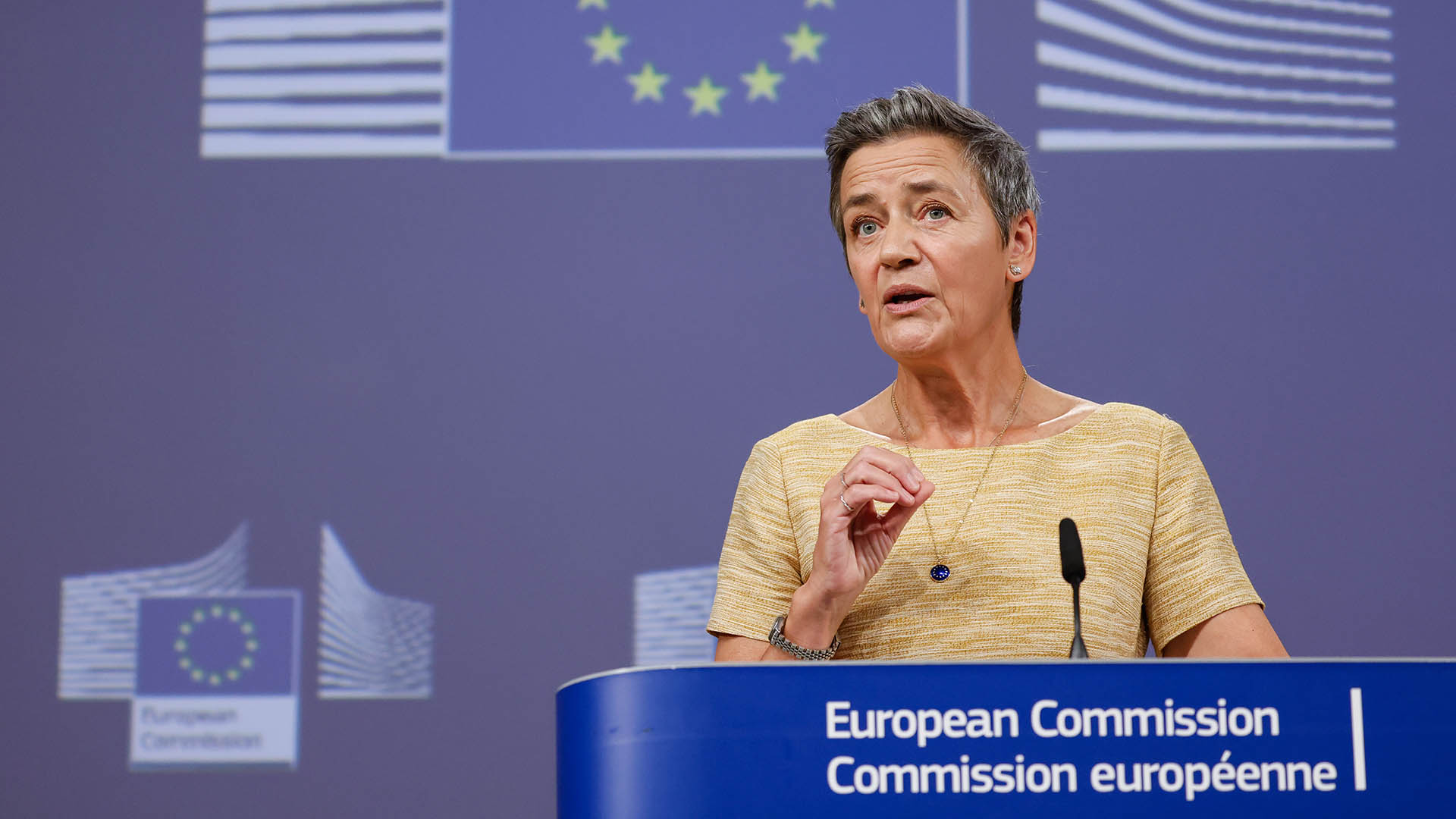The BBC reporter had one question for Lord Ashcroft as he gingerly approached the conservative party donor at a conference hall in October.
“Did you have tens of millions in an offshore trust that you secretly control, sir?” the reporter asked. “Dear, dear, dear…” started muttering the interviewee.
That’s when the chase began.
For two and a half minutes Lord Ashcroft dodged cameras and questions, walking swiftly through the hall of the Conservative Party conference in Manchester, until he entered the men’s room and closed the door behind him. “I’m not going to follow you in there, sir,” the reporter said looking at the camera.
This was just one of the most memorable moments captured on camera during the production of Paradise Papers films that were broadcast across the world starting November 5 this year.
More than a dozen TV crews from South Korea to Florida, U.S., have used every kind of tool of the trade – including undercover cameras and drones – to film mines in Congo that are as vast as lunar craters, businessmen sporting gaudy Bermuda shorts, and countless offices and skyscrapers in financial centers around the world.
They showed the public what was behind the offshore financial industry: not just spreadsheets and data, but the global trade of goods such as 439-foot yachts, Nike shoes, Apple devices, pulp and paper, and more.
Swedish public broadcaster SVT, and others, pointed their cameras at a channel in the Baltic Sea where cargo ships owned by Navigator Holdings were found. The ICIJ found that U.S. Commerce Secretary Wilbur Ross, through a web of offshore companies, held a financial stake in Navigator, a firm with business ties to a Russian energy company co-owned by Vladimir Putin’s son in law. (Ross recently divested from it, but his chief of staff still retains a stake, according to Forbes.)
Glencore, one of the world’s largest commodity traders, and its business in central Africa was the focus of a documentary by French investigative program Cash Investigation. The film explored the company’s expansion strategy through dozens of offshore subsidiaries and the influence of an Israeli businessman and power broker on its mining operations in Congo.
Television crews including the BBC and Japanese broadcaster NHK closed in on the Isle of Man’s desolated airport where they reported how hundreds of jets are sold every day to wealthy individuals and celebrities – and alleged fraudsters – who can avoid paying consumption tax on their luxury purchase.
A one-hour documentary by German broadcaster ARD zoomed in on the murky world of the online gambling industry. They reported how Gauselmann Group – a leading gaming machines company headed by “the pope of the amusement business,” according to Forbes – exploited legal loopholes and a web of Isle of Man subsidiaries to ride the online gambling boom and circumvent Germany’s gambling laws.
Several television programs investigated the use of sophisticated financial planning schemes by multinational corporations such as Nike and Apple. Finnish broadcaster YLE, for instance, showed their viewers how the profits derived from the sale of a pair of Nike trainers in Helsinki flow to the company’s Dutch subsidiary.
Canadian Broadcasting Corporation’s reporters followed the money behind the ruling liberal party to find one of prime minister’s closest allies having ties to “a multimillion-dollar offshore trust in the Cayman Islands that may have cost Canadians millions in unpaid taxes.”
In Rome, Italy, representatives of the Legionaries of Christ, the Catholic order founded by a priest (and sexual offender,) sat down with journalists from the investigative TV show Report to talk about their secret offshore dealings in Bermuda and the British Virgin Islands. “Do you think it’s normal that the Legionaries act as a sort of financial promoters in Luxembourg for investments…?” asked the reporter to a representative of the order in Rome. The priest smiled.
Australian Broadcasting Corporation’s flagship program Four Corners shed light on a dark page in the country’s music industry. Its investigation raised questions on how the manager of the music band INXS used secret offshore companies to appropriate the estate of Michael Hutchence, the rock star who committed suicide in 1997.
Adding to the list of celebrities found in the Paradise Papers – from U2’s Bono to Madonna, Nicole Kidman and Shakira – Korean investigative center Newstapa also looked at the use of offshore finance by movie star Jang Dong-gun. The actor was reportedly the largest shareholder of a British Virgin Islands entity used to produce “The Warrior’s Way,” a 2010 film co-produced by Korean and U.S. companies. In Hollywood it is a normal practice to establish a shell company in a tax haven every time a film is produced, the movie’s production company’s chief told Newstapa.
But how did more than 380 reporters around the world pull this off? Vice News documentary offers a glimpse into the behind the scene of the investigation. The fly-on-the-wall crew followed ICIJ and some of its partners for nearly nine months from D.C., to Munich, Moscow and London to Bermuda. Along with DR, Univison and other ICIJ partners their final destination was in fact the founding office of Appleby, in Hamilton, where everything started.




